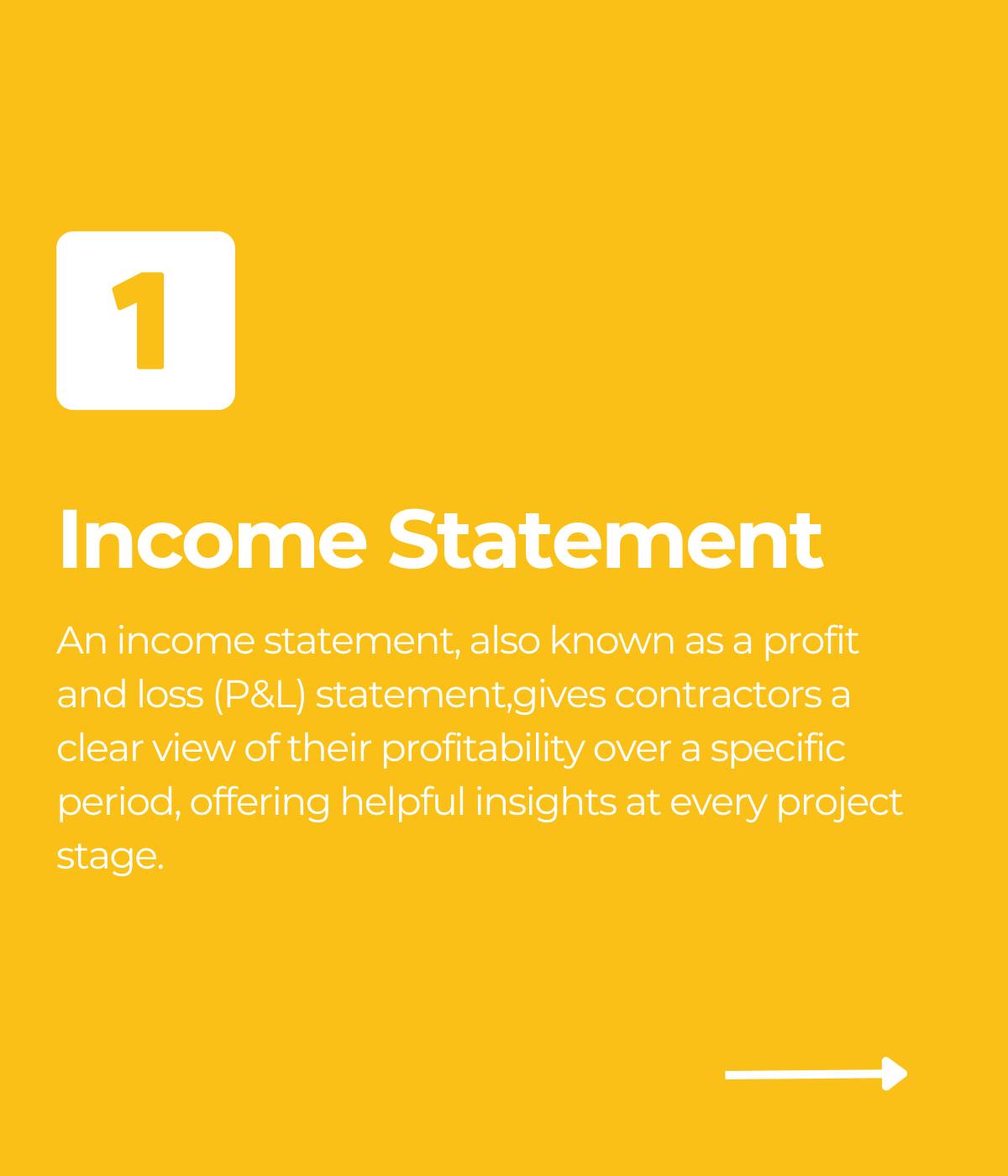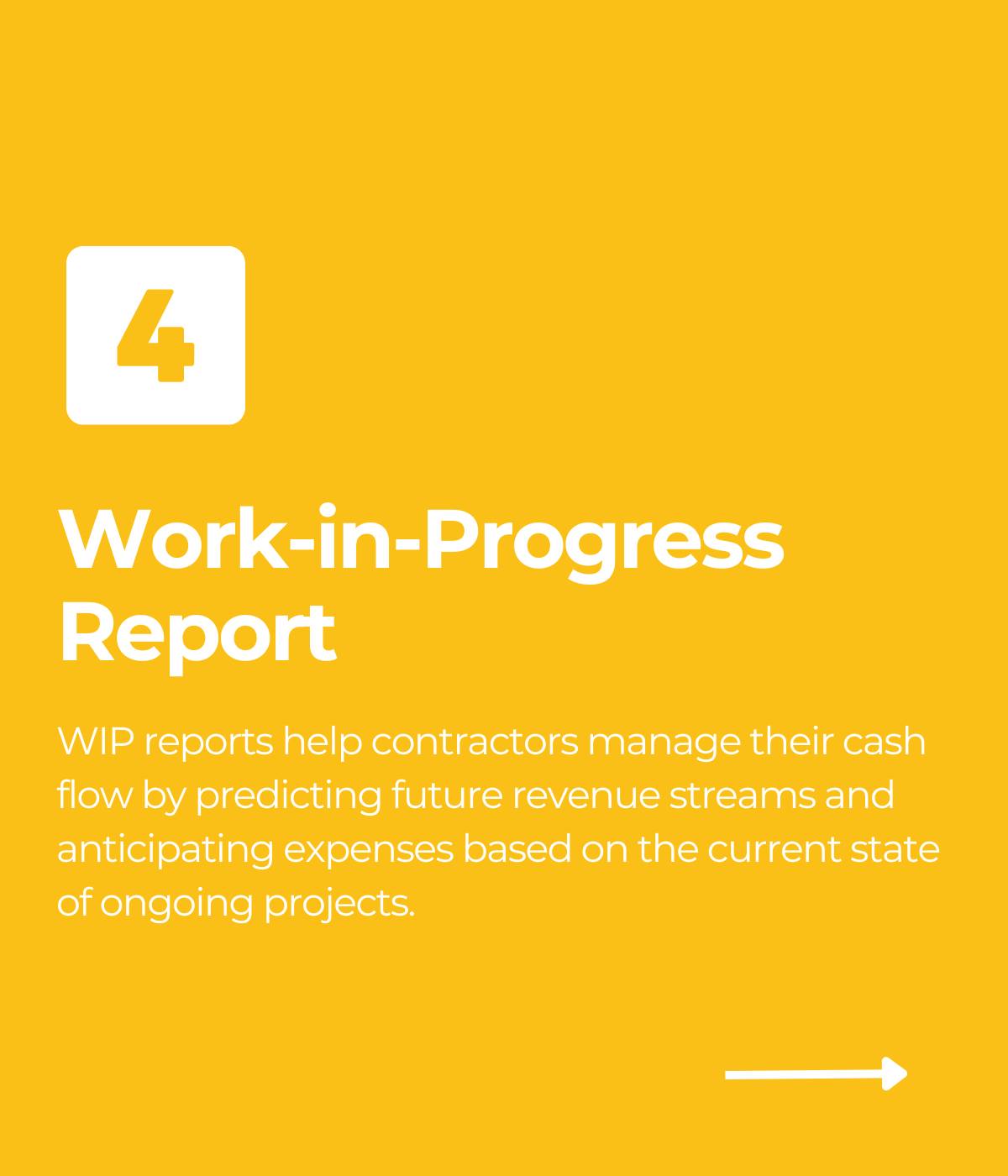
On August 16, 2022, President Joe Biden signed the biggest climate package in U.S history into law. Designed to lower prescription drug prices, reduce inflation and cut domestic greenhouse emissions, The Inflation Reduction Act will provide $369 billion to fund energy and climate projects (as well as provide another $80 billion to revamp the IRS).
With funding being directed towards green energy construction initiatives, the passing of this legislation will have some sort of impact on commercial construction. However, the overall scope of significance the new law will have on the industry is still being determined. Honestly, it’s too early to tell.

Admittedly, I’m still doing my research to develop both my opinion and my prediction regarding how the construction industry will respond to the Inflation Reduction Act. That said, I think there’s still value in providing some overviews of the reactions currently circulating in the industry. Together, these perspectives may help paint a better picture of what the future holds for the industry — with some groups experiencing a surge in business as support is funneled into clean energy initiatives and highway projects, while others may struggle under the pressure of these new taxes and mandates.
Some trades showing excitement over the Inflation Reduction Act include those in commercial construction landscaping and commercial transportation. The bill provides $3 billion dollars for the Neighborhood Access and Equity Grant Program which exists to fund projects that improve walkability, safety and affordable transportation around cities throughout the United States. There is an emphasis on revamping and developing streets, trails, transportation hubs and highways. The bill also incentivizes companies to use construction materials that have lower levels of greenhouse gas emissions.
The groups proposing the Inflation Reduction Act have so far concluded that all these initiatives add up to the following opportunities:
- An overhaul of differing projects
- New divisions of trade work in the construction industry
- Added government projects
- New tax write-offs and refunds
Conversely, not all builders are convinced that this law will be of any benefit to the construction industry. If anything, they’re more confident that the tax hikes and restrictive labor requirements will hold up projects and cost construction companies more money in the long run.
Associated Builders and Contractors Vice President of Legislative & Political Affairs Kristen Swearingen, strongly feels the Inflation Reduction Act will be problematic. She says, “Forcing restrictive labor policies on America’s job creators in this economy would be an additional blow to the construction industry and our workforce.”[1] Swearingen goes on to emphasize the law’s tax burdens will “make it even more difficult for America’s job creators to grow their businesses.”[2]
Starting in 2023, the Inflation Reduction Act will impose a 15% minimum tax on all corporations that have an annual adjusted financial income of $1 billion over a three-year period. This may not affect many construction companies directly. However, this tax hike does put a burden on large manufacturing companies — the ones that provide a solid amount of materials, machinery and equipment to the construction industry. With manufacturing potentially taking a financial hit, the fear is that prices for materials will further increase — they’ve already risen quite a bit over the past 12 months[3] — forcing contractors to deal with additional supply chain issues throughout their projects.
Additionally, the groups opposing the Inflation Reduction Act have so far concluded that the labor restrictions are a detriment to the industry — especially while construction companies are recovering from the damages of COVID-19. Some of the negatively received requirements include:
- For every four workers a contractor employs on a government project, they must also employ one government-registered apprentice
- These government-registered apprentices must be allowed to work a specific percentage of total labor hours on a qualifying project
No one knows for sure — at least in this moment — the impact the Inflation Reduction Act will ultimately have on the construction industry. But what we do know is this:
- The bill passed and is now signed into law
- There’s a chasm in the industry regarding whether this new law will be a benefit or a burden

Either way, we all have to move forward. I’m looking ahead by paying attention. I’m listening to the experts to gauge their opinions. I’m reading as much as possible about the Inflation Reduction Act to fully understand what regulations are coming down the pipeline in 2023. And I’m talking with contractors to hear how they’re reacting and preparing.
Even with uncertainty growing in the construction industry, we can still stay present and cultivate an understanding by studying the Inflation Reduction Act as it’s written out in front of us.
[1] “Analysis: Democrats’ “Inflation and Reduction Act” Is a Reckless Tax-And-Spend Bill.” Associated Builders and Contractors, August 3, 2022. https://www.abc.org/News-Media/Newsline/entryid/19532/analysis-democrats-inflation-reduction-act-is-a-reckless-tax-and-spend-bill
[2] Ibid
[3] Ibid
Share Article
Keep on current news in the construction industry. Subscribe to free eNews!
Our Top 3 YouTube Videos
Learn about our software more in depth with product overviews, demos, and much more!

Our ACA reporting & e-filing services include official 1094-C and 1095-C IRS reporting, optional e-filing (no applying for a TCC code required), mailing to your employees and experienced support to help you.

There are plenty of reasons to make FOUNDATION your choice for job cost accounting and construction management software — just ask our clients!

From job cost accounting software, to construction-specific payroll. Get an overview on your next all-in-one back-office solution.









